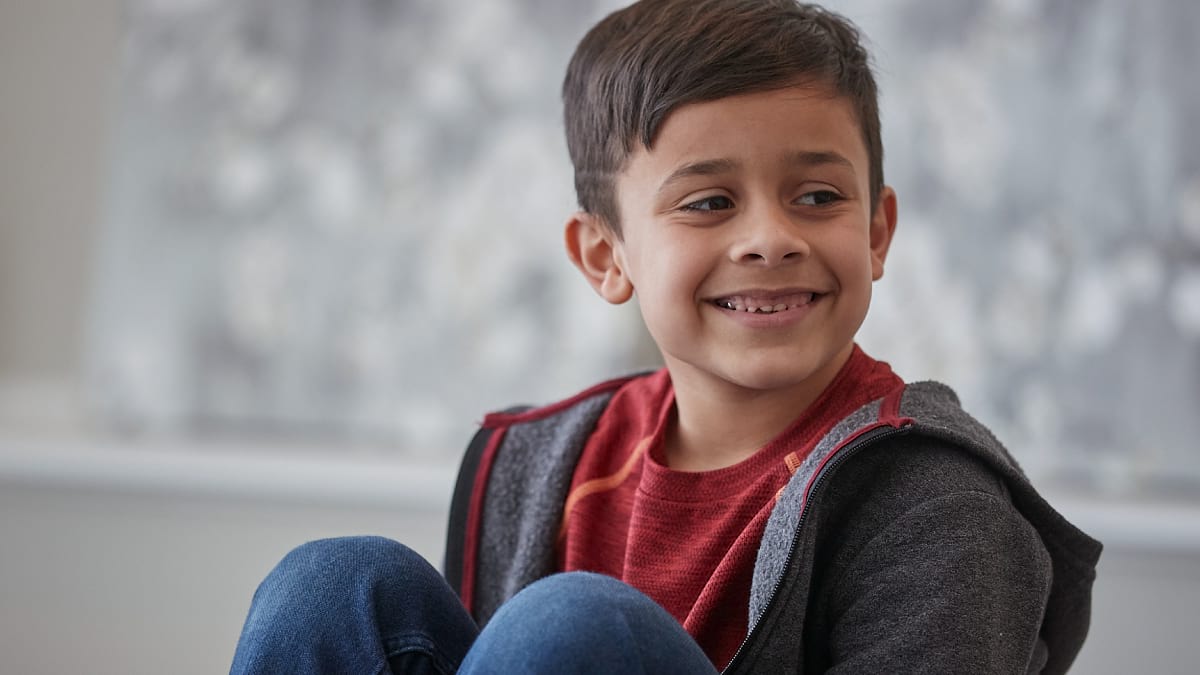Background
Childhood cancer is rare, yet approximately 400 000 children (0-19 years old) are diagnosed with cancer each year. The most common types of childhood cancers include leukemias, brain and other central nervous system (CNS) tumors and lymphomas. While many types of cancers can appear in people of all ages, we know that kids are not just little adults and treatment often needs to be different. Pediatric clinical trials allow medicines to be developed with the unique needs of children in mind. They have helped drive great strides against childhood cancer. However, we know there is still much more to learn and progress to be made.
Current work
Currently, Lilly is working on an innovative approach to support pediatric research by using master protocols to study new treatments for cancer patients. Master protocols are a novel way to study multiple research questions about several different drugs, diseases or conditions all in one clinical trial (instead of having to have multiple clinical trials). Some of the potential benefits of this approach are to:
- help quickly test and answer scientific questions
- compare different treatment options
- reduce the cost of the study
- reduce the time to set up new studies or to enroll patients in clinical trials.
This helps us to create medicines for our pediatric cancer patient population faster than we normally would under a non-master protocol clinical trial.
For the most current information, follow us on Twitter and Facebook.
References:
- Childhood cancer (who.int)
- J. Woodcock, L.M. LaVange. Master protocols to study multiple therapies, multiple diseases, or both. N. Engl. J. Med., 377 (2017), pp. 62-70







